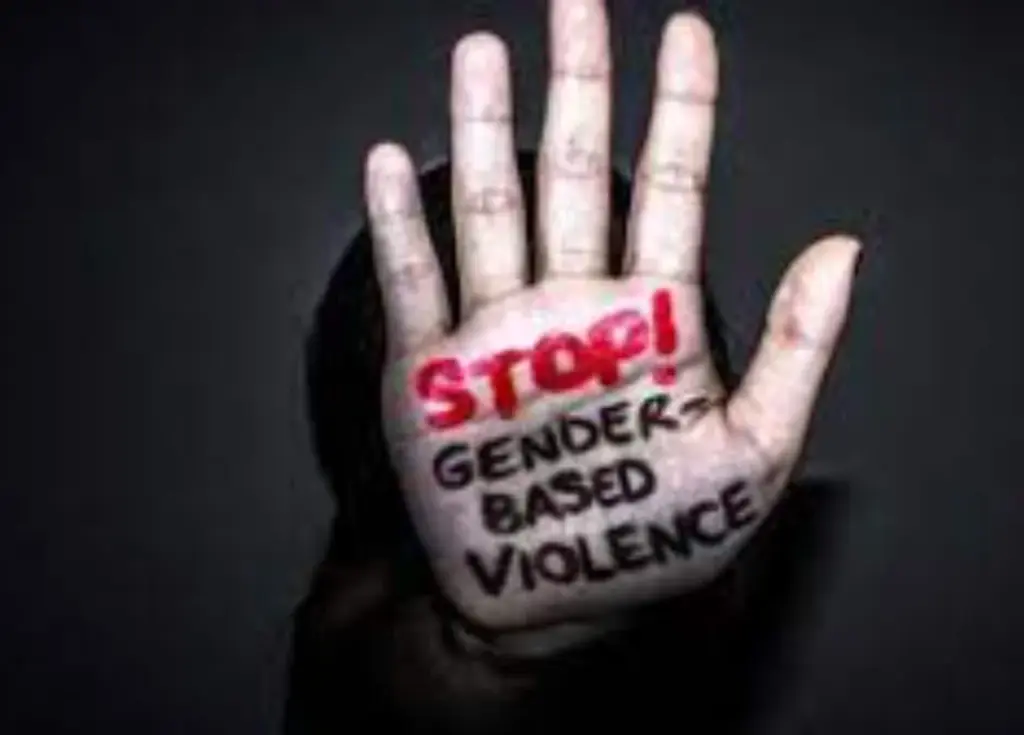Stakeholders in Niger State condemned the practice of forced marriage, affirming that no section of the Nigerian Constitution, Sharia law, the Holy Bible, or the Qur’an supports such an act.
Speaking at an Interfaith and Cultural Leaders Dialogue on Sexual and Gender-Based Violence (SGBV) in Minna, organised by the Dorothy Njemanze Foundation (DNF), the Committee Clerk on Judiciary and Legal Matters at the Niger State House of Assembly, Barrister Ibrahim M. Babangida, stressed that forced marriage is not supported by any Nigerian law and that perpetrators must be apprehended and prosecuted.
Babangida, who is also a legal practitioner, explained that the implementation of Sharia law in some states is often misinterpreted due to ignorance and lack of public enlightenment.
“Ignorance has created an avenue for certain individuals to exploit vague sections of the law, especially those silent on the rights of females concerning marriage and bodily autonomy,” he said.
In his remarks, the Chairman of the Christian Association of Nigeria (CAN), Niger State, Most Rev. Dr. Bulus Dauwa Yohanna, described gender-based violence as a major concern in society and urged collective action to eliminate it.
Represented by CAN Secretary, Pastor Raphael Opawoye, Yohanna—who is also the Catholic Bishop of the Kontagora Diocese—condemned early and forced marriages.
“As religious leaders, we see and hear about cases of young girls being forced into marriage. CAN stands firmly against such practices. Consent must be taken seriously. It is disheartening to see underage girls married off without their consent or that of their parents,” he stated.
Also speaking, the State Chairman of Jama’atu Nasril Islam (JNI), Alhaji Abubakar Bosso Mabudin, expressed concern over the misrepresentation of Islamic teachings by some individuals, especially youths who violate the rights of the girl-child.
Represented by Islamic scholar Abubakar Sadiq Yahaya, Mabudin clarified that Islam aligns with Nigerian law, which sets the legal age for marriage at 18.
“It is Islamically wrong to force a girl into marriage or for a father to give out his daughter in marriage to someone she does not love. Such actions contradict the teachings of Islam,” he emphasized.
A traditional leader, Hakimi Etsu Audi Bida, Alhaji Abubakar Mahmudu, also condemned the rising cases of SGBV in the state. He pledged to convey the concerns raised to the Etsu Nupe and other traditional and community leaders for wider advocacy and intervention.
The Commissioner for Women Affairs and Social Development, Hajia Titi Auta, urged parents and guardians to monitor their wards closely to prevent them from falling into bad company or adopting negative behaviours.
Represented by the Director of Planning, Research, and Statistics, Mrs. Mary Yisa, the Commissioner traced the rise in SGBV cases in the state to misguided teachings and poor understanding of religious texts by individuals who promote harmful practices under the guise of faith.
She recommended early sex education for the girl-child and a deliberate campaign to correct harmful cultural narratives and religious misconceptions.
“We must work collectively to change the mindset instilled in children at a young age—particularly beliefs in the superiority of one gender or religion over others—that contribute to gender-based violence and forced marriage,” she said.















